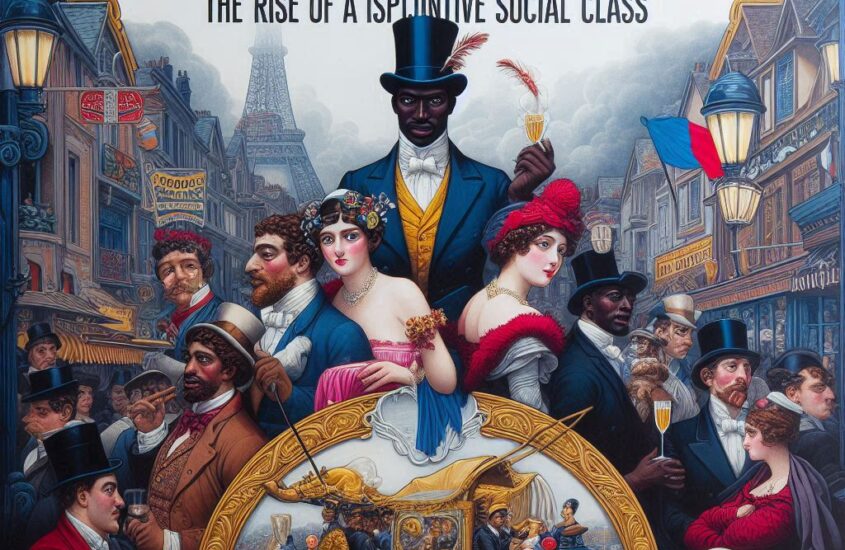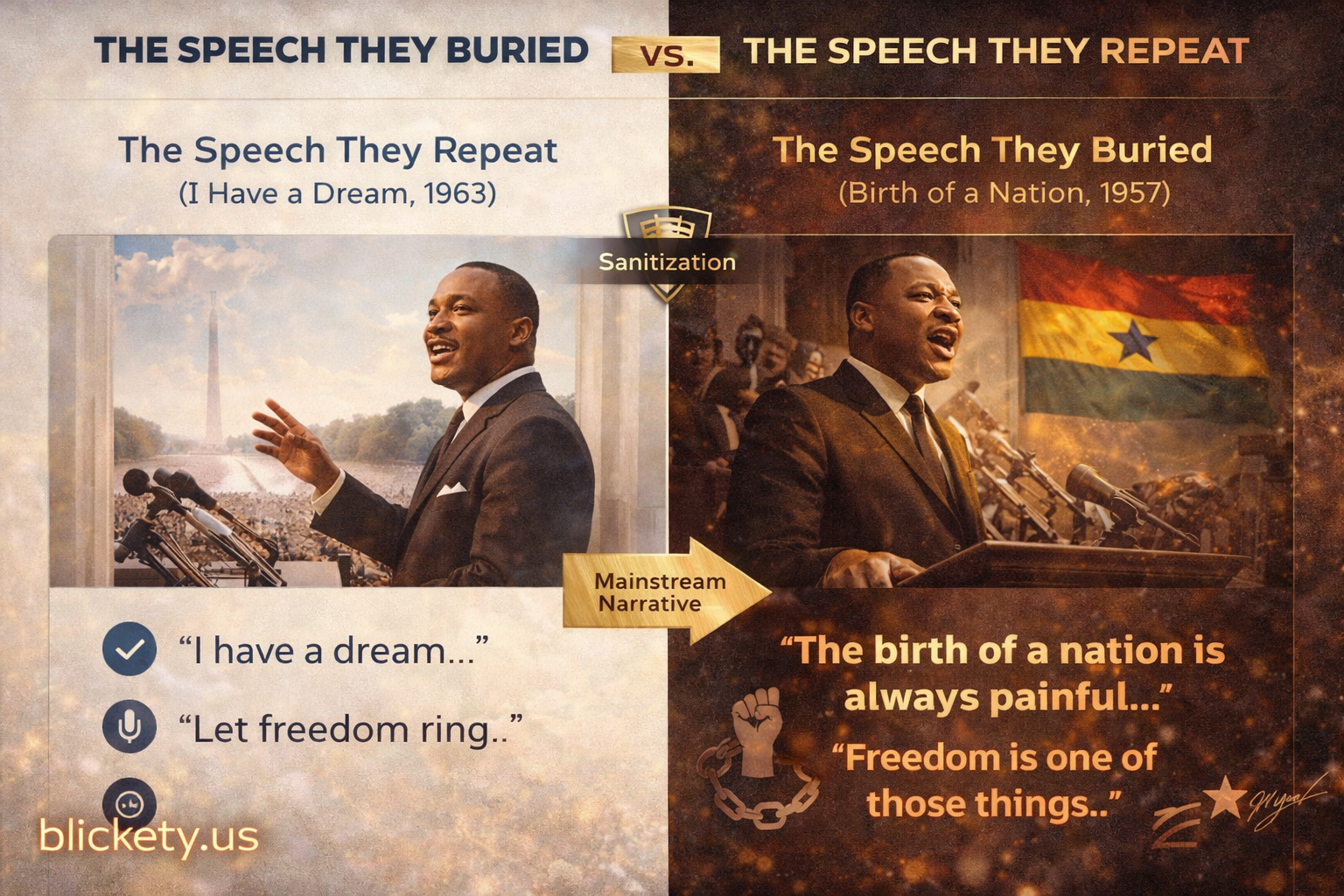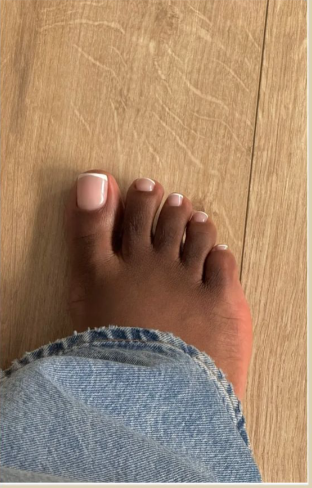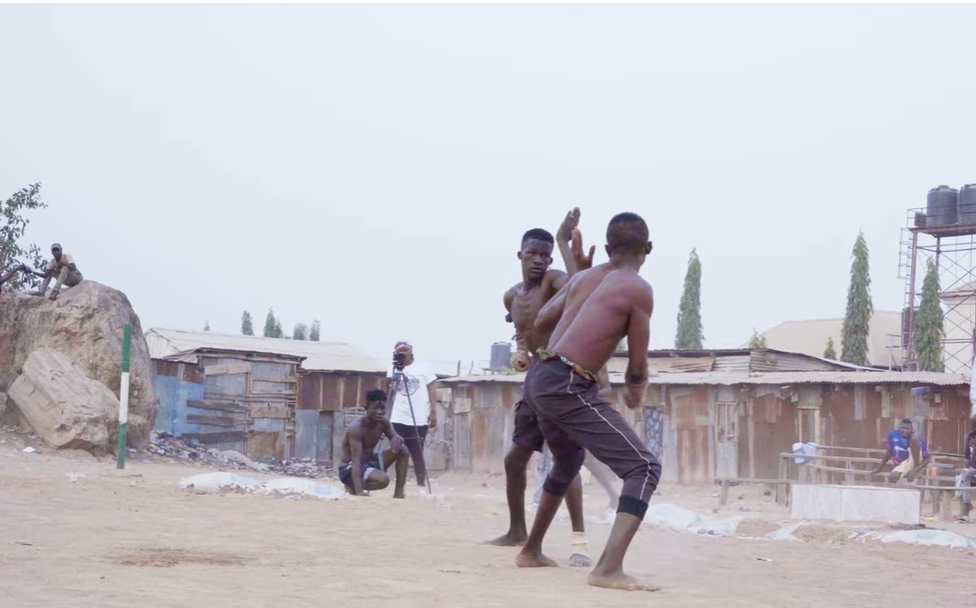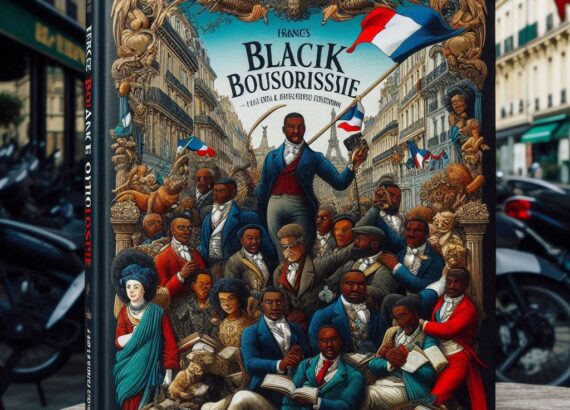
France’s Black bourgeoisie represents a complex and often overlooked dimension of French society—a social class that has navigated the intersections of race, class, colonial history, and French identity for generations. Despite France’s colorblind republican ideology that officially rejects racial categorization, a distinctive Black middle and upper class has emerged with unique cultural, economic, and social characteristics.
Historical Emergence
The origins of France’s Black bourgeoisie can be traced to several historical developments:
Colonial Connections
France’s extensive colonial empire, particularly in Africa and the Caribbean, created pathways for the emergence of a Black elite. In the French Antilles (Martinique, Guadeloupe, and later Haiti), a class of free Black and mixed-race property owners existed even during the slavery era. The system of grands blancs (white plantation owners), petits blancs (working-class whites), gens de couleur libres (free people of color), and enslaved people created complex social hierarchies.
By the early 19th century, particularly following the Haitian Revolution, wealthy Black and mixed-race individuals from the French colonies began establishing themselves in metropolitan France, primarily in Paris, forming the beginnings of a Black presence in French high society.
Post-Colonial Migration
The major wave of development came after World War II and accelerated following the independence of France’s African colonies in the 1960s. Many children of African elites came to France for education, with some remaining permanently. These included:
- Children of political leaders from former colonies
- Members of traditional royal families from West and Central Africa
- Students who came on government scholarships
- Business families with Franco-African connections
This period also saw migration from French overseas departments (DOM-TOM), including Martinique, Guadeloupe, and Réunion, bringing educated professionals who were already French citizens.
Contemporary Composition
Today’s Black French bourgeoisie is diverse and multifaceted:
Professional Elite
A significant segment works in prestigious fields including:
- Medicine and healthcare
- Law and judiciary
- Academia and research
- Diplomacy and international organizations
- Finance and corporate leadership
- Technology and entrepreneurship
The medical profession has historically been an important pathway, with many doctors from Benin, Senegal, and Cameroon establishing successful practices in France.
Cultural and Media Figures
Black French cultural producers have achieved prominence in:
- Literature (Marie NDiaye, Alain Mabanckou)
- Film and television (Mati Diop, Omar Sy)
- Music (from classical to popular genres)
- Fashion and design
- Journalism and media
These cultural figures often serve as visible representatives of Black achievement in France, though they frequently navigate complex identity politics.
Sports and Entertainment
Professional athletes, particularly in football (soccer), have created pathways to wealth for Black French individuals, with many investing in businesses and real estate after their playing careers.
Social and Cultural Characteristics
France’s Black bourgeoisie exhibits several distinctive features:
Educational Emphasis
Education is central to class maintenance, with strong emphasis on:
- Elite schools (grandes écoles)
- International educational experiences
- Multilingualism (often including French, English, and heritage languages)
- Cultural sophistication in both French and diasporic traditions
Geographic Distribution
The Black French upper class tends to concentrate in:
- Wealthy Parisian neighborhoods (16th, 17th arrondissements)
- Upscale suburbs (Neuilly-sur-Seine, Saint-Cloud)
- Select neighborhoods in major cities like Lyon, Marseille, and Bordeaux
- International contexts, with many maintaining residences in multiple countries
Transnational Connections
Unlike some segments of the traditional French bourgeoisie, the Black French elite often maintains strong international ties:
- Business ventures spanning France and African countries
- Family connections across multiple continents
- Cultural and political engagement with both French and diasporic issues
- Investment portfolios that reflect this internationalism
Challenges and Tensions
Despite their economic success, members of the Black French bourgeoisie face distinct challenges:
Republican Universalism vs. Racial Identity
France’s republican model officially rejects the collection of ethnic statistics and promotes a universal citizenship model that theoretically transcends racial categories. This creates tensions for Black elites who experience racism despite their class status.
The concept of invisibilité visible (visible invisibility) describes how Black French individuals are simultaneously hypervisible as racial minorities yet invisible in official discourse and historical narratives.
Code-Switching and Cultural Navigation
Many members of the Black bourgeoisie describe the necessity of code-switching between:
- Professional environments dominated by white French norms
- Family and community contexts with diasporic cultural references
- International settings where different models of Blackness exist
This navigation requires significant emotional and cultural labor.
Persistent Discrimination
Even wealthy and educated Black French individuals report experiences with:
- Housing discrimination
- Professional glass ceilings
- Police harassment
- Social exclusion from certain elite circles
- Assumptions about their capabilities and backgrounds
Contemporary Influence and Impact
Today’s Black French bourgeoisie exerts influence through several channels:
Business and Economic Power
Black French entrepreneurs have established significant businesses, particularly in sectors including:
- Import/export between France and African countries
- Technology startups
- Media and content creation
- Luxury goods and services
- Real estate development
Cultural Production
Black French creators have transformed French culture while navigating complex politics of representation, with notable impacts in:
- Literature, where writers like Marie NDiaye have won the Prix Goncourt
- Cinema, with directors creating nuanced portrayals of French diversity
- Fashion, where Black French designers have influenced global trends
- Music, spanning classical, jazz, hip-hop, and electronic genres
Political Engagement
Political participation occurs through:
- Elected positions (though still underrepresented)
- Civil service roles
- Advocacy organizations
- Think tanks and policy influence
- Transnational political engagement
Philanthropy and Giving Back
Many successful members of the Black French elite engage in:
- Educational foundations and scholarships
- Development projects in countries of ancestral origin
- Cultural preservation initiatives
- Mentorship programs
Evolving Identities
The contemporary Black French bourgeoisie reflects evolving conceptions of French identity and belonging:
Generational Shifts
Notable differences exist between:
- First-generation immigrants who achieved professional success
- Second-generation individuals raised in France with immigrant parents
- Third-generation and beyond with deeper French roots but maintained connections to diasporic identity
Each generation has distinct relationships to French identity, heritage cultures, and experiences of belonging.
Intersectional Identities
Class and race intersect with other aspects of identity, including:
- Religious affiliation (Christian, Muslim, secular)
- Regional and national heritage (West African, Caribbean, Indian Ocean, etc.)
- Gender and sexuality
- Political orientation
These intersections create diverse expressions of Black French bourgeois identity.
France’s Black bourgeoisie represents a distinct social formation that challenges simplistic narratives about both French society and the global Black experience. Neither fully integrated into traditional French upper-class circles nor disconnected from them, this group navigates complex terrain that reflects both France’s colonial past and its multicultural present.
As France continues to grapple with questions of national identity, the experiences of its Black bourgeoisie offer important insights into the possibilities and limitations of the French republican model in an increasingly diverse society. Their stories reveal both the real opportunities for mobility that exist and the persistent barriers that remain, even for those who have achieved conventional markers of success.
The ongoing evolution of this social class will likely play a significant role in shaping France’s future as the country confronts its colonial legacy and defines what French identity means in the 21st century.

